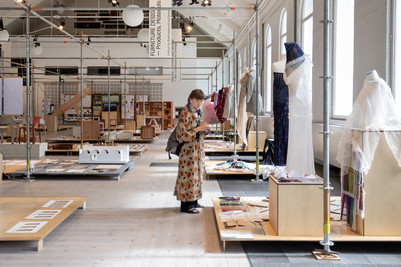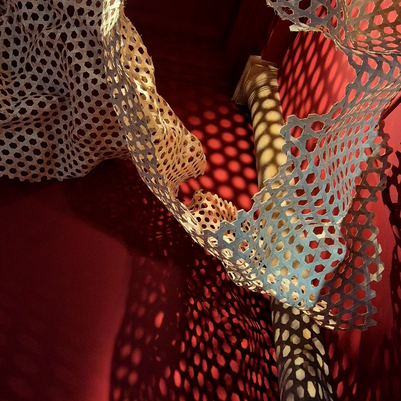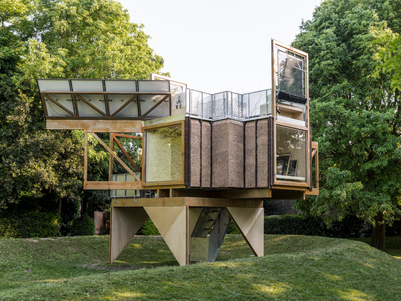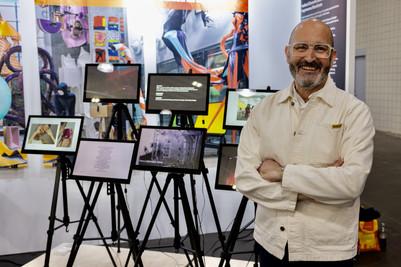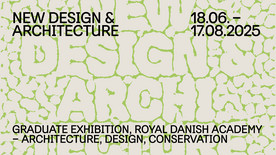
About Cluster for Spatial Inclusion
The cluster undertakes design research and projects as well as related teaching activities that will contribute to improving the life of people regardless of age, ability and many more possible limitations.
We closely work with the notion of disability. The foundation of our study is to contribute for maximising the independence, participation and enjoyment of disabled persons in the built environment. Yet the challenge is to widen our focus from designing for disabled individuals to improving people's lives across a range of social challenges and contexts. Our central aim is to further design ideas and processes that promote inclusion in various spatial conditions. We look at the spatial implication of contemporary challenges aspiring for equality in relation to the built environment, and study spatial conditions for inclusion, through the perspective of architecture and its related design elements and contexts.
We engage with society’s challenging issues by taking inclusive approach to research and design. We explore ways to bring lived experience of persons into a vocabulary of space makings for architects and designers. We challenge to develop research/design methods and tools that are empathic but also innovative, through which we seek for a creative and alternative insight in the way differences, vulnerability and sensitivity in design lead to environments with more potentials. All in all, we wish to advance architecture and its related design elements and contexts as a means by which to improve the future of ourselves. Design address only one part of the challenge towards an inclusive society: but design matters. We aim not only to solve immediate problems through design but also invent opportunities for critical and creative interventions in today’s complex society.
The cluster recognises that responding to contemporary socio-political and economic challenges requires engagements beyond the academy, and accordingly welcomes and aims to actively collaborate with practitioners and other stakeholders including business, government and voluntary sector partners. Our challenge is to lay groundwork for the knowledge of inclusion and exclusion in material space, which is accessible to both research and education; and importantly, to produce knowledge that enables/supports practitioners to make responsible decisions in their design process. We aim to improve relevance of research through engagement with practice and design in the real contexts. Lastly, the cluster redresses Nordic tradition in architectural and design, and engages with the socio-cultural context of Denmark, through which we attempt to delineate Danish approach for inclusion reflecting international challenges and opportunities.
The Cluster plays a key role in the project: 'Et inkluderende menneskesyn i design og arkitektur' (August 2021-July 2026) and 'Universal Design and Accessibility for All: Architecture, Cities and Space' (September 2016 – August 2023).These are part of partnership agreement between the Royal Danish Academy and Bevica foundation. The overall purpose of the partnership agreement is to promote and ensure an inclusive view of people in architecture and design which must be included strategically in the Academy's research and education.




